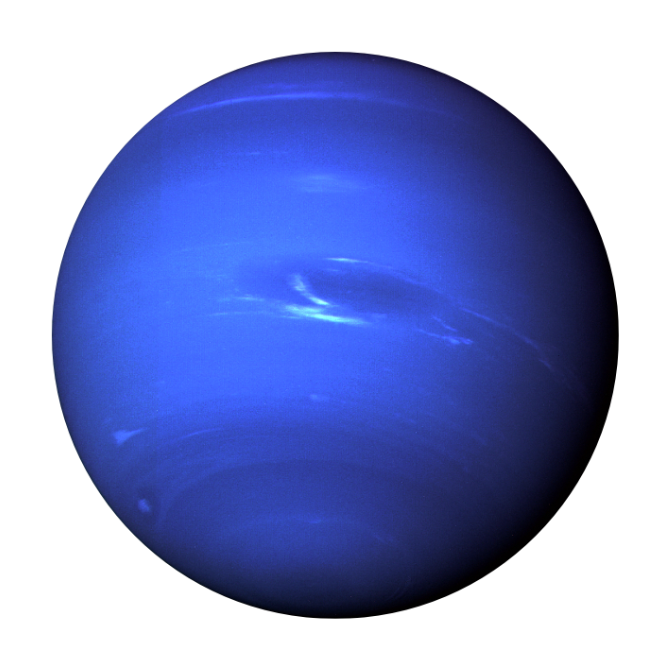MERCURY
Mercury is the smallest planet in the Solar System and the closest to the Sun. Its orbit around the Sun takes 87.97 Earth days, the shortest of all the Sun's planets. It is named after the Roman god Mercurius (Mercury), god of commerce, messenger of the gods, and mediator between gods and mortals, corresponding to the Greek god Hermes (Ἑρμῆς).

VENUS
Venus is the second planet from the Sun. It is sometimes called Earth's "sister" or "twin" planet as it is almost as large and has a similar composition. Venus, like Mercury, appears in Earth's sky never far from the Sun, either as morning star or evening star with a synodic period of 1.6 years.
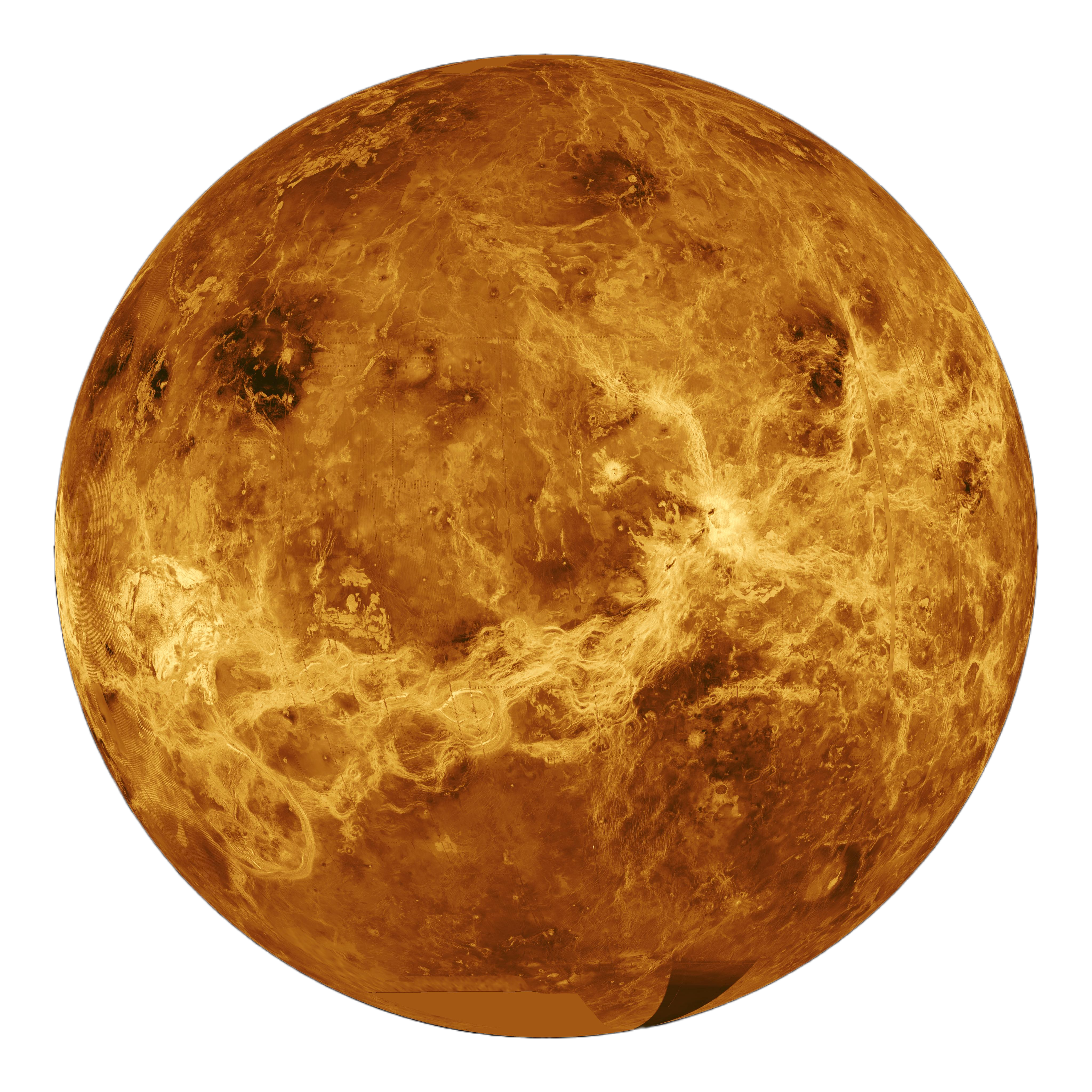
EARTH
Our home planet is the third planet from the Sun, and the only place we know of so far that’s inhabited by living things.While Earth is only the fifth largest planet in the solar system, it is the only world in our solar system with liquid water on the surface. Just slightly larger than nearby Venus, Earth is the biggest of the four planets closest to the Sun, all of which are made of rock and metal.

MARS
Mars is the fourth planet from the Sun and the second-smallest planet in the Solar System, being larger than only Mercury. In the English language, Mars is named for the Roman god of war.

JUPITER
Jupiter is the fifth planet from the Sun and the largest in the Solar System. It is a gas giant with a mass more than two and a half times that of all the other planets in the Solar System combined, but slightly less than one-thousandth the mass of the Sun. Jupiter is the third brightest natural object in the Earth's night sky after the Moon and Venus, and it has been observed since prehistoric times.
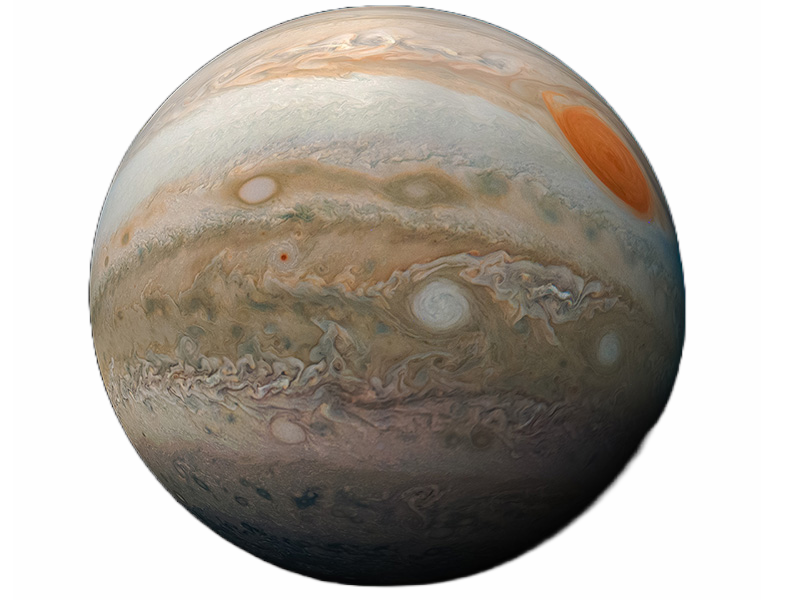
SATURN
Saturn is the sixth planet from the Sun and the second-largest in the Solar System, after Jupiter. It is a gas giant with an average radius of about nine and a half times that of Earth.[23][24] It has only one-eighth the average density of Earth; however, with its larger volume, Saturn is over 95 times more massive.
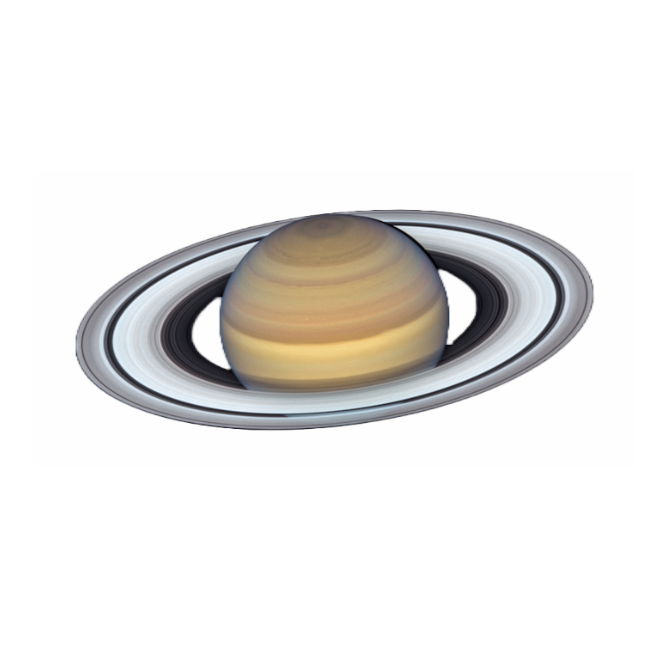
URANUS
Uranus is the seventh planet from the Sun. Its name is a reference to the Greek god of the sky, Uranus (Caelus), who, according to Greek mythology, was the great-grandfather of Ares (Mars), grandfather of Zeus (Jupiter) and father of Cronus (Saturn). It has the third-largest planetary radius and fourth-largest planetary mass in the Solar System.
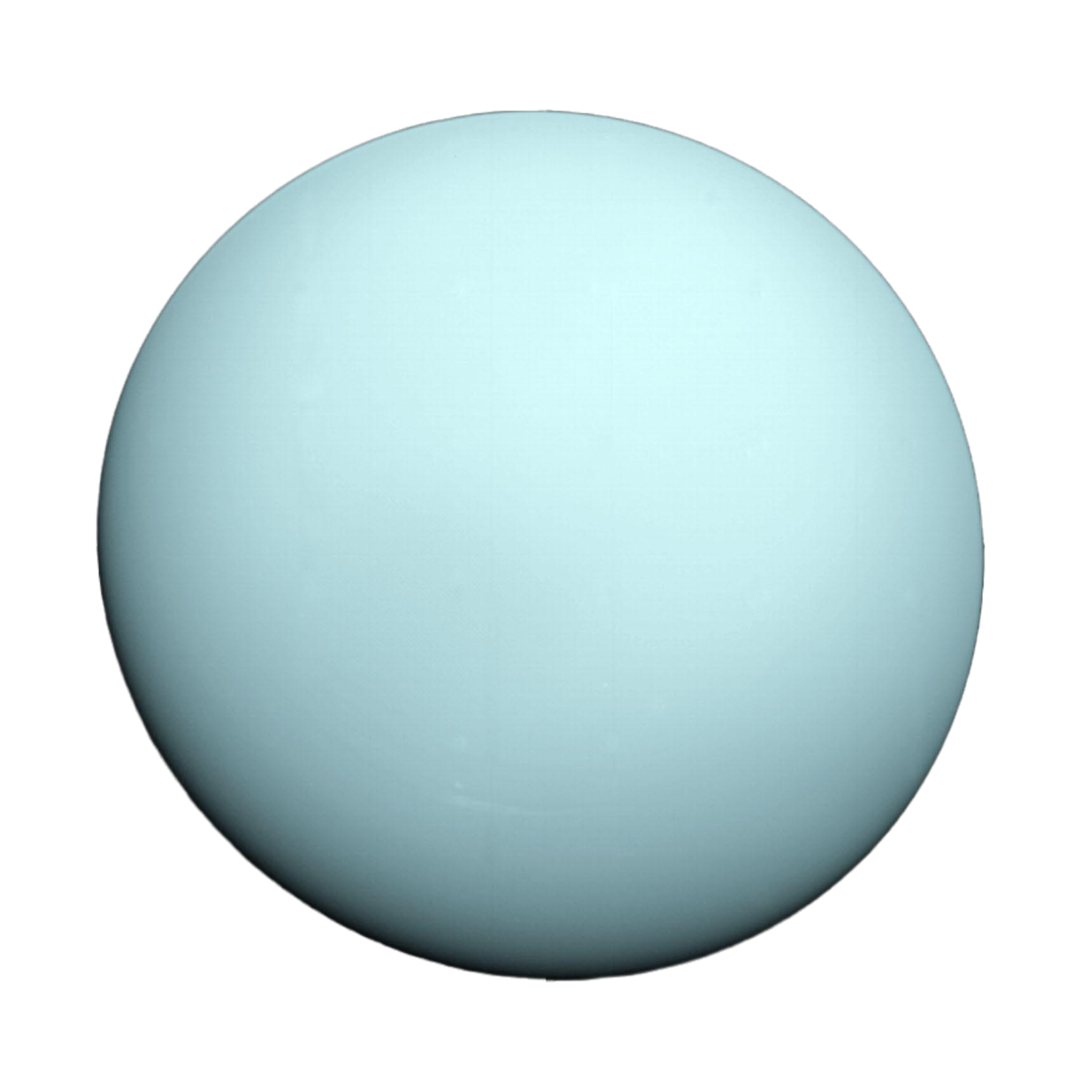
NEPTUNE
Uranus is the seventh planet from the Sun. Its name is a reference to the Greek god of the sky, Uranus (Caelus), who, according to Greek mythology, was the great-grandfather of Ares (Mars), grandfather of Zeus (Jupiter) and father of Cronus (Saturn). It has the third-largest planetary radius and fourth-largest planetary mass in the Solar System.
